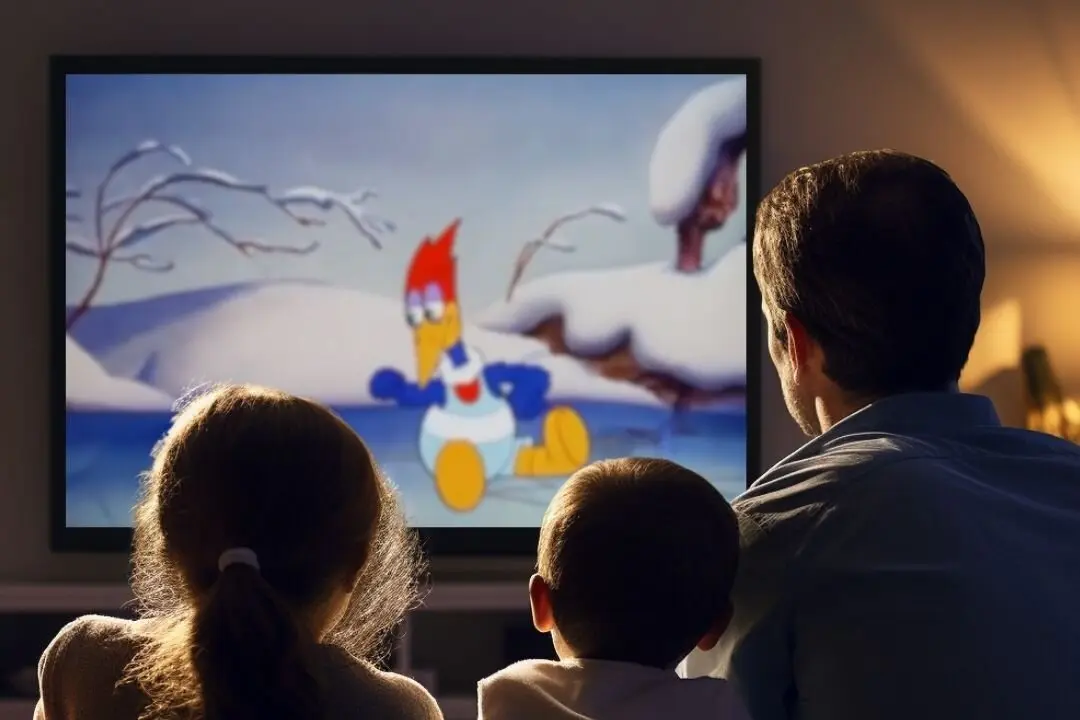Jess Hall is a storyteller. His interest in telling stories began in middle school when he and his buddies made little independent movies. They captivated their classmates by reenacting scenes from popular films. His interest in telling stories led to a three-year stint as an assistant producer in Hollywood. He followed his love of storytelling to Oxford University in England, where he studied creative writing. Eventually, he became the CEO of an educational media company.
But what turned this successful storyteller into an entrepreneur—leading to his creation of a wholesome entertainment streaming platform for children—begins with a story of sacrifice.





